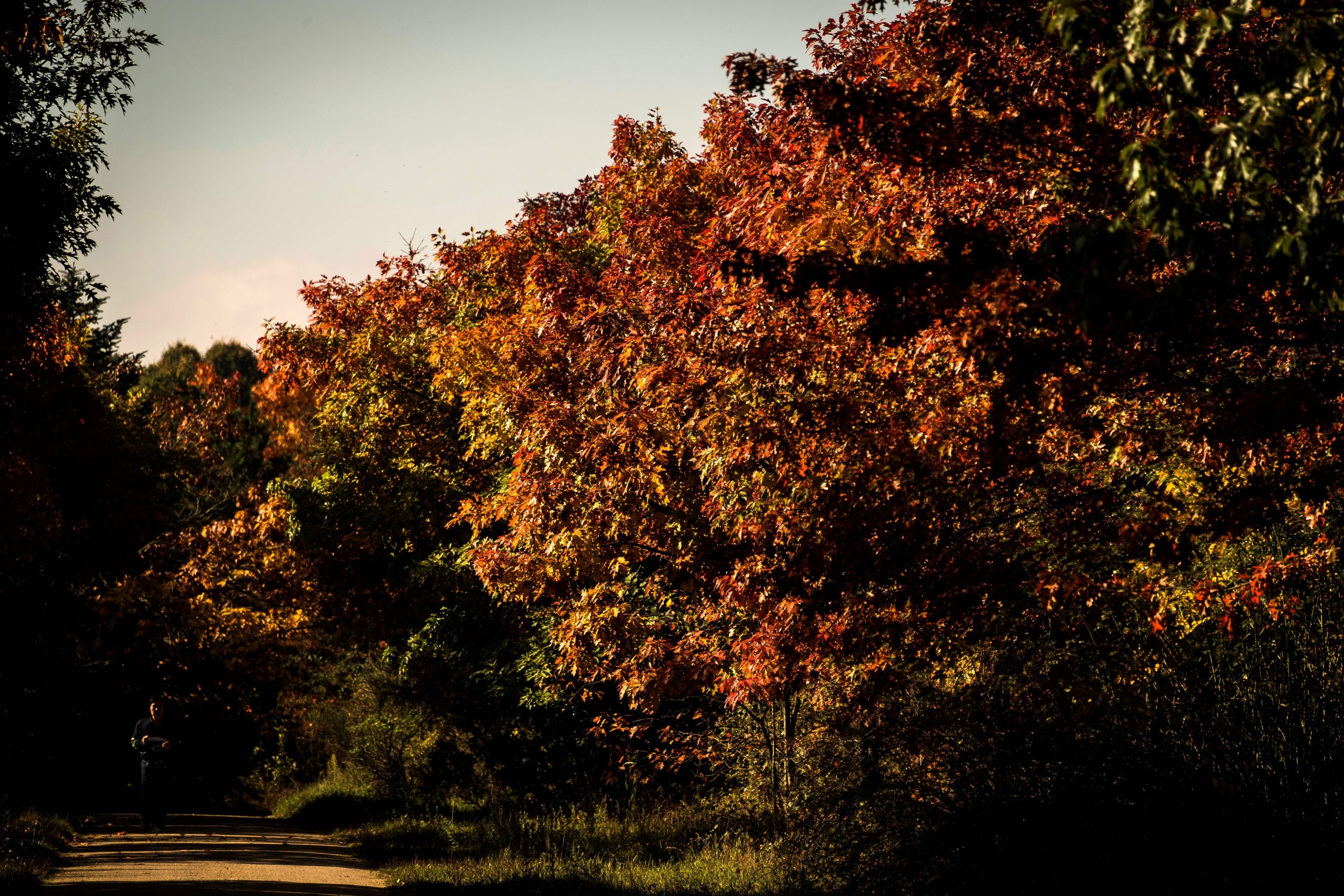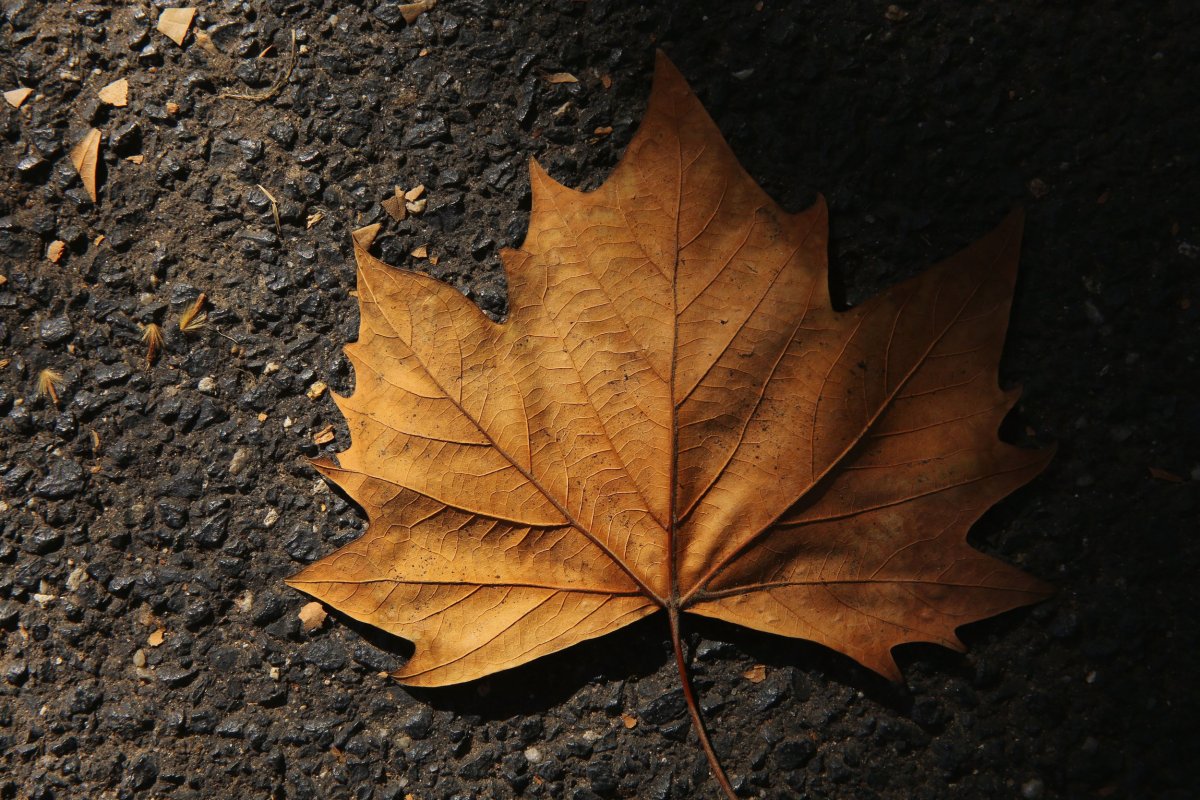
The naming of the season between summer and winter helped separate the United States from Mother England shortly after the birth of America. As Atlas Obscura reports, that legacy explains why the season of falling leaves and pumpkins has two names.
For a long time, the season didn't even have one name. Many cultures throughout time have classified what is now referred to as fall as still part of winter, and ancient Germanic culture is no different, explains Atlas Obscura. Of course, this may be largely due to the visible changes of the season occurring only in certain parts of the globe. But even in cultures that traditionally experience the foliage and harvest associated with the period between summer and winter, a specific term to describe this time was long nonexistent.
Related: Cuffing season: Why autumn is the best time to start a relationship
The conceptual idea of fall, then called "harvest," did not occur in English-speaking languages until the late 14th and early 15th centuries. This time began to be referred to as "autoumn," from the French term automne, in the 16th century,Slate reported.
The term "fall" was first seen in manuscripts dating back from mid-16th-century England and likely was just a shortened version of "the fall of the leaf," a literal and poetic phrase that was once used to describe this aesthetically pleasing period.
Related: What to read this fall: 15 new books recommended by publishers at the Brooklyn Book Festival
As to where the divide between autumn and fall began, you can thank our American forefathers. Today, though English speakers throughout the world recognize the terms "autumn" and "fall" as interchangeable, "fall" is more popular in the U.S., while "autumn" is more popular in the United Kingdom. This wasn't always the case. In the 17th century, as America was struggling to establish itself as a new and different country from Great Britain, British who had traded their homeland for North America overhauled the English language as a way to further distance themselves from the monarchy, Live Science reported.

Part of the push was changing the spelling of many words that had French roots, which is why Americans don't spell "color" as "colour" or "center" as "centre," despite both words being pronounced more or less the same, regional accents notwithstanding. During this same time period, "fall" was considered to be more "picturesque" and all in all "better on the merits" than its counterpart, according to a 1908 essay on Americanisms by H.W. Fowler. Hence the divide began.
"We once had as good a right to it as the Americans; but we have chosen to let the right lapse, and to use the word now is no better than larceny," wrote Fowler. This sentiment has since changed, however, and today "fall" is far more popular in the American vernacular then "autumn." And, of course, many of us also know this season as the last chance to be outside comfortably for several months.
Uncommon Knowledge
Newsweek is committed to challenging conventional wisdom and finding connections in the search for common ground.
Newsweek is committed to challenging conventional wisdom and finding connections in the search for common ground.
About the writer
To read how Newsweek uses AI as a newsroom tool, Click here.








